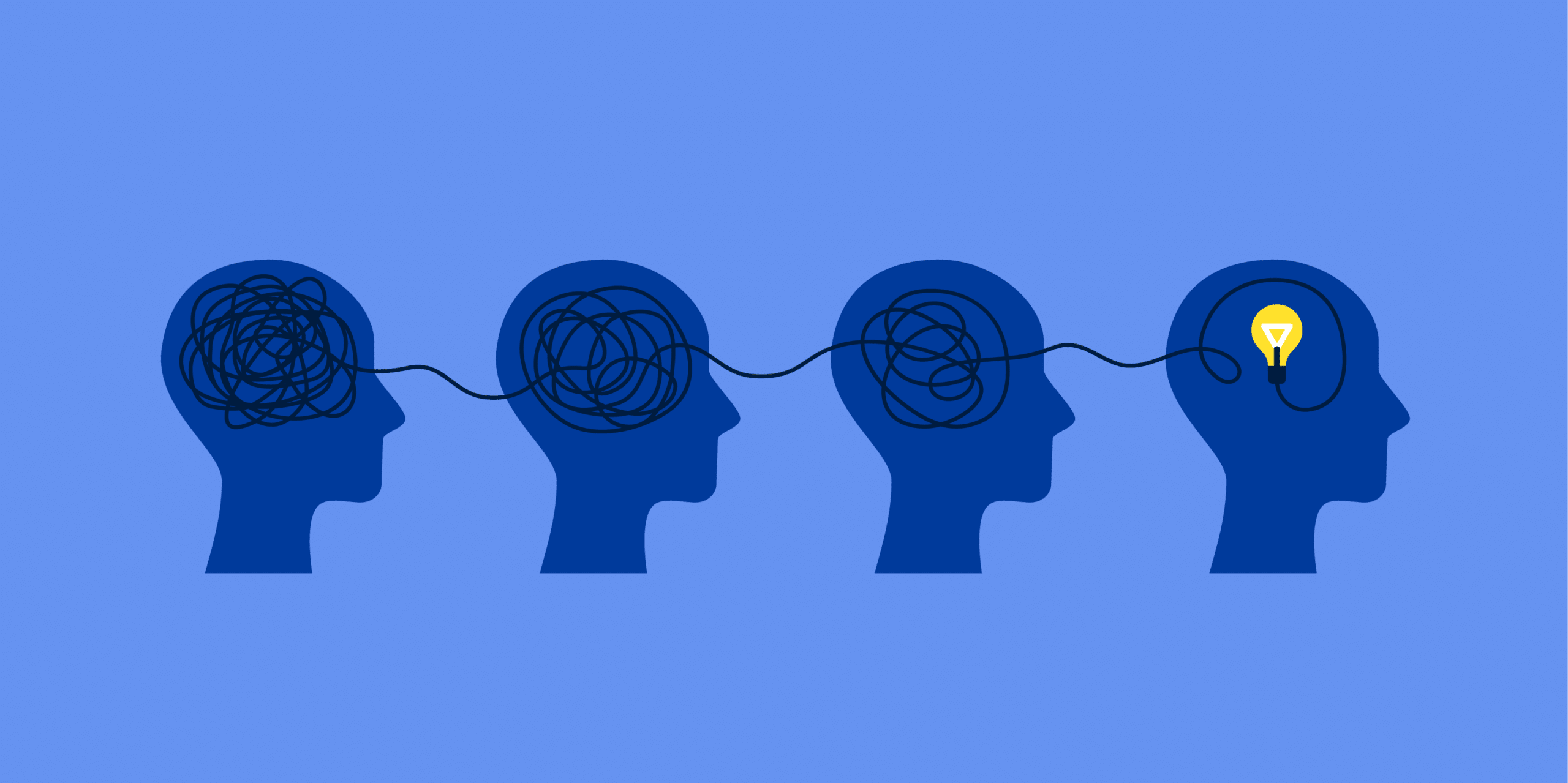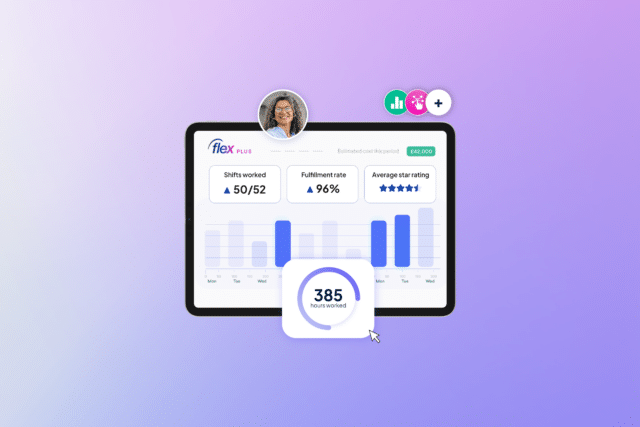
Mental Health Awareness Week took place from May 10th – 16th across the UK. The aim of the week was to cast light and educate people on the importance of looking after their mental health and wellbeing.
Each year, Mental Health Awareness Week embarks upon a different theme. This year the theme chosen was nature – which we loved! In order to keep the conversation going and to help reduce the stigma that surrounds mental health, Indeed Flex organised an online webinar with mental health expert Mel Crate from Luminate. Mel developed the webinar to try and give people the tools to look after themselves as well as helping organisations deal with mental health more effectively.
“For a long time, mental health wasn’t something we spoke about in any depth, and there’s still a lot of stigma and discrimination around this area, and that’s something that we want to break down,” Mel explained. From the outset, the webinar was very interactive as Mel encouraged everyone to get involved in different discussions that arose throughout the session.
Mental health; an introduction
Looking after our mental wellbeing is just as important as looking after our physical health. If you broke a bone in your body, you would more than likely seek medical advice. So if you are feeling mentally ill, you should also seek medical advice. There is nothing to be ashamed of; remember that! Mental Health has been under-researched for quite a long time, so there still is a lot we do not know, according to Mel. We do know that our genetic and hereditary makeup does play a role in our mental health – as well as other personal factors. These personal factors include:
- Personal circumstances
- Social and community networks
- Living and working conditions
- Our work environment
- Childhood and life experiences
- Socioeconomic and cultural conditions
Identifying poor mental health in both ourselves and others
The next part of the session discussed the key signs to look out for in a person experiencing poor mental health. Poor mental health can often show physical giveaway signs in a person that we should be aware of.
“Even though we are talking about mental health, it tends to have a very physical manifestation in the body, and we tend to notice things changing in our body when we are feeling stressed,” Mel explained. Here are some of the physical signs to look out for if you or someone else is experiencing poor mental health or stress:
- Frequent headaches or migraines
- Suffering from frequent minor illnesses
- Constant tiredness/lack of energy
- Extreme body temperature
- Sudden weight gain/loss
- Lack of care over appearance
- Being run down
- Digestive problems / IBS
- Muscle tension
- Shortness of breath

Our behaviour can also say a lot about our mental health state. Mental health problems can also manifest in the behaviour in which we display. Here are some key behaviour signs to look out for:
- Irritability, aggression, or tearfulness
- Being withdrawn / socially isolated
- Increased conflict with others
- Increased consumption of alcohol, cigarettes, or drugs
- Addictive/excessive behaviour
- Insular / self-interested
- Inability to concentrate
- Erratic or socially unacceptable behaviour
- Forgetful / mindlessness
- Mood swings
- Increased emotional reactions
- Loss of humour
- Denial
Preventative methods for staying mentally healthy
As previously mentioned, the theme of this year’s Mental Health Awareness Week was nature which is very fitting. Over the past year, many people have found solace in nature, as getting out and about for a daily walk was one of the only things we could do in lockdown.
“Connecting with nature, we know to be so beneficial for our mental health… We all know how it feels when we get outdoors and get amongst nature, and that’s what I want to encourage us to do.” Mel said. “There have been a lot of studies done on city living versus rural living and we know that those of us that live in cities are at higher risk of experiencing poor mental health.”
For those of us that live in cities, we are 20% more likely to experience an anxiety disorder so getting outside and experiencing nature is crucially important for our mental health. Mel then asked us what they do to protect their mental health on a daily basis. Answers included getting 10,000 steps in a day, spending time with their loved ones, and disconnecting from social media. We hope this post challenges you to reflect on your mental health so that you can prioritise it in the future.
Thank you to Mel from Luminate for the insightful seminar about mental health. Let’s keep the conversation going to reduce the stigma around mental health.
Looking to join the Flexer Community? Download the Indeed Flex app today to build a work schedule you love!








